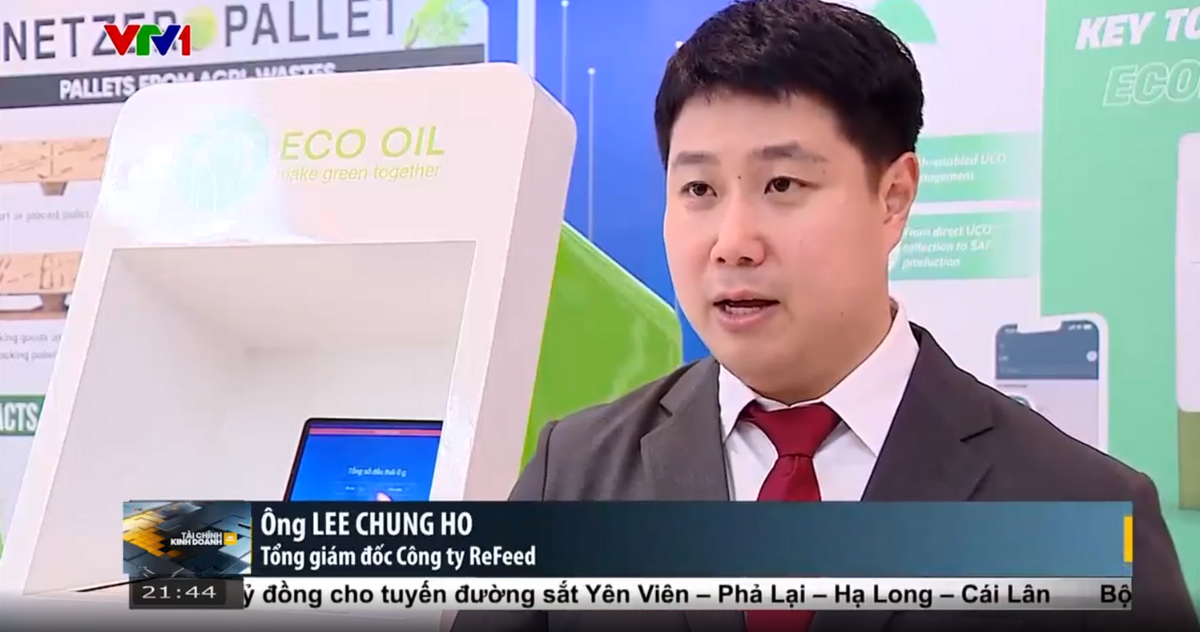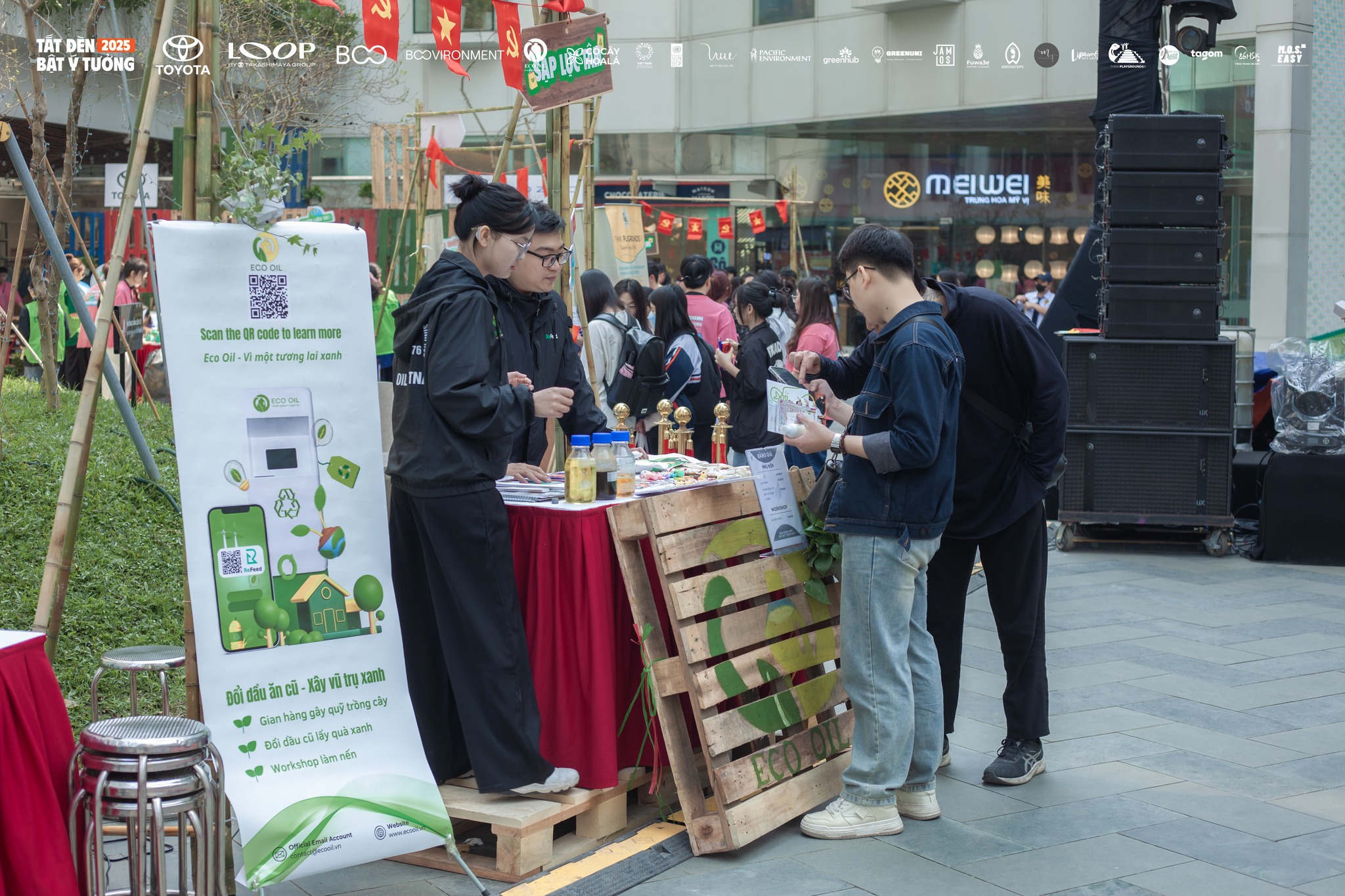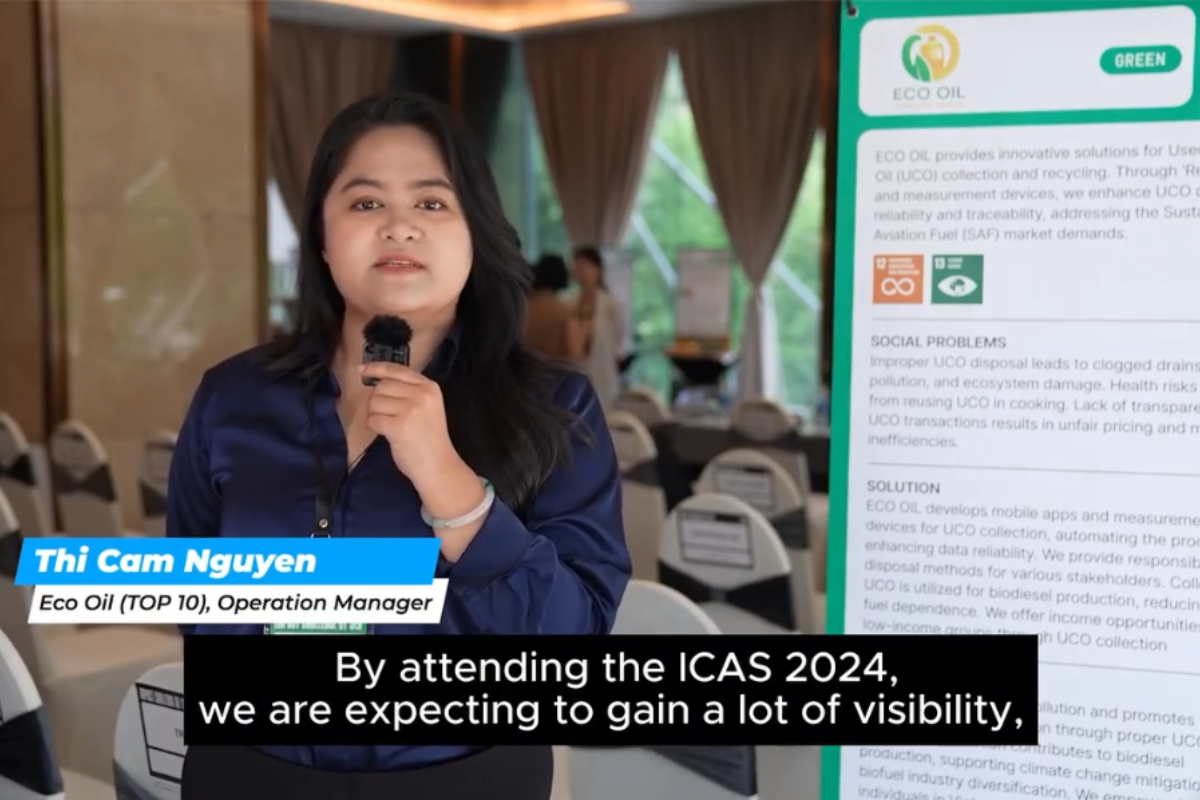
What Are the Social Benefits of Recycling Used Cooking Oil (UCO)?
Did you know that recycling used cooking oil (UCO) not only protects the environment but also brings significant economic and social benefits? Improper disposal of used cooking oil can lead to serious consequences such as clogged drains, water pollution, and harm to aquatic life. Recycling UCO helps minimize these issues. Protecting Aquatic Ecosystems Pouring used […]
Did you know that recycling used cooking oil (UCO) not only protects the environment but also brings significant economic and social benefits?
Improper disposal of used cooking oil can lead to serious consequences such as clogged drains, water pollution, and harm to aquatic life. Recycling UCO helps minimize these issues.
Protecting Aquatic Ecosystems
Pouring used cooking oil down the drain can cause blockages and pollute water sources. Waste oil forms a film on the water’s surface, which prevents oxygen exchange and can suffocate aquatic life. Recycling UCO helps reduce these harmful impacts, protect ecosystems, and maintain natural balance.
Reducing Infrastructure Costs
When used oil is disposed of improperly, it can clog pipelines, leading to costly plumbing repairs. Treating wastewater contaminated by oil is also expensive. By recycling UCO, we can avoid unnecessary expenditures and allocate financial resources to other needs.
Lowering Greenhouse Gas Emissions
Used cooking oil can be converted into biodiesel through a chemical process called transesterification. Biodiesel is a renewable, cleaner-burning alternative to traditional fossil fuels. Its use helps reduce greenhouse gas emissions, contributing to the fight against climate change and protecting our living environment.
Enhancing Livestock Feed Nutrition
Used cooking oil can be recycled into livestock feed, providing energy and nutrients for animals. It is a common substitute for corn-based products because its nutrients deliver up to 2.25 times more energy than corn.
This is especially beneficial for pig and poultry farms in hot climates, where animals tend to eat less. The high-energy content in a smaller feed volume helps maintain animal health, reducing feed costs and optimizing available resources. Recycling waste oil into animal feed also reduces environmental waste.
Easing the Burden on Wastewater Treatment Plants
Recycling UCO prevents it from entering the sewage system, helping wastewater treatment plants operate more efficiently and reducing the risk of damage caused by accumulated fats and oils. This not only protects the environment but also supports the long-term sustainability of public water treatment infrastructure.


 Vi
Vi



